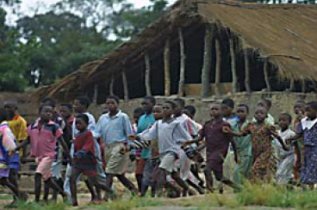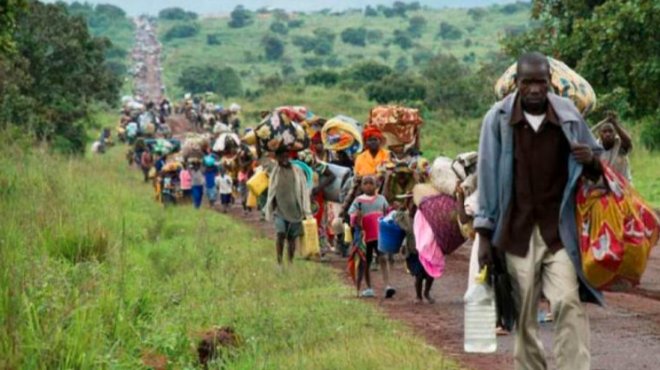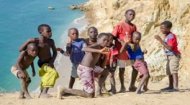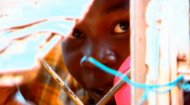|
|
 |
Angola Refugees |
Angola Refugees |
Angola Refugees | Angola Refugees |
For information, videos and photos about the country of
Angola, check out our Angola profile pages.
More >
|
|

|
Many however remained having married Zambians or simply that they had had children there who saw themselves as Zambians and didn't want their education disrupted. Similarly in 2012, the Democratic Republic of the Congo ended the refugee status of Angola Refugees as part of a government plan to get refugees to return home. During this time 23,000 people returned and, by the end of 2016, South Africa was allowing Angola refugees, living in the country to apply for permanent residency status, for a limited time, ending the application process on the December 15th, 2016. Some 25,300 Angola refugees still live in Zambia many years after the end of the conflict despite efforts by Zambia's government to urge them to return home, understandable given Zambia's own levels of poverty and the fact that Zambia is also providing shelter to refugees from the Congo, Burundi, Rwanda, Somalia and Uganda. In order to facilitate a return home UNHCR and the Angolan government offered 120UK for each adult and 60UK per child leaving refugees camps outside Angola with an additional promise by the Angolan government of land and materials to build homes on their arrival. Many of the refugees retured to Kwando Kubango Province in south-east Angola, one of Angola's already poorest areas where residents rely on subsistence farming as there is no viable industry. The situation in that area is already grim with illiteracy rates as high as 70% in a country placed 150th out of 191th in the HDI (Human Development Index) which is measured by the UNESCO Institute for Statistics (UIS) and the World Bank based upon the life expectancy, literacy, access to knowledge and living standards. Although today the situation has stabilised, in 2020, 2,886 people from Angola fled the country and applied for asylum elsewhere with the destination countries including France, Brazil and Germany. Overall, 88 percent of the asylum applications have been rejected. The most successful have been the refugees in Mexico and in Spain. The video (above) tells the story of one girl who fled as a refugee to Zambia not knowing of the family she left behind. |









